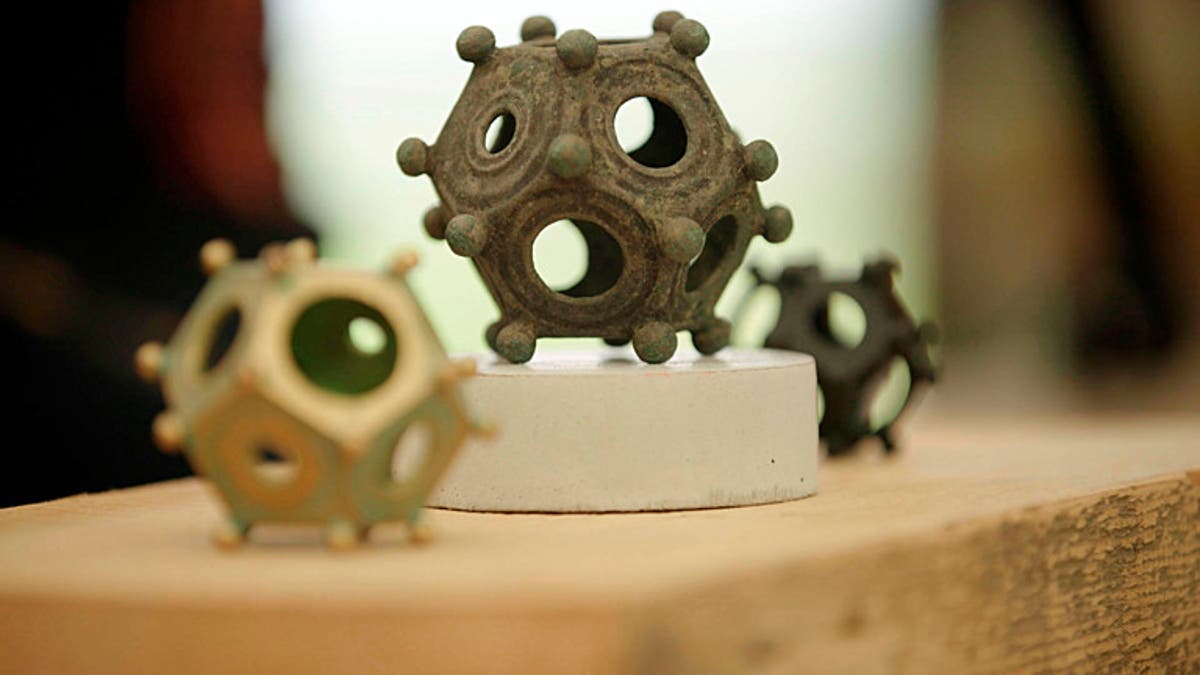A mysterious Roman object unearthed in an amateur dig has baffled experts as it goes on display in Britain for the first time.
The 12-sided object was discovered in Norton Disney, near Lincoln, in 2023, and will go on display at Lincoln Museum as part of the city’s Festival of History.
Richard Parker, secretary of the Norton Disney History and Archaeology Group, said it was a “privilege to have handled” the dodecahedron, but was still at a loss over what it was.



Just so anyone else doesn’t- the Romans didn’t know how to knit (it originated around the 11th or 12th century in the Middle East): https://motherknitter.com/history-of-knitting/
That link mentions that finger knitting was practically prehistoric. Are we confident that there was not some rudimentary form of knitting being practiced?
There are a great many Roman fabric samples from dry areas like Egypt, along with stone carvings of people making Roman textiles and writings about Roman textile-making and none of it suggests they understood the concept of knitting.
More to the point, these objects would be less practical than a knitting frame anyway.
And it doesn’t answer all questions about the object. Why is the object polyhedral if you only use one side to do the knitting. If it’s a mundane item, why did they make it stupidly complex when a simpler shape would do. It also ignores why the wholes are different sizes when the size of the holes doesn’t affect the knitting.
Are you sure the hole size doesn’t affect the finger size? It would seem to change the stitch size. If so, having one object that could make different finger and thumb sleeves might be useful, and the shape makes it easy to hold and find.
Or maybe it’s for measuring how much spaghetti to put in the pot!
The hole isn’t used in the process of knitting with these things, just the knobs on the corners.